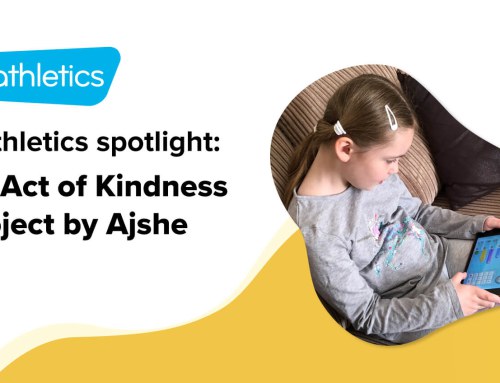Mathematics tutoring always seems like a good option — but what’s the downside? Your child gets a professional educator to help them overcome their struggles or gain a competitive edge.
But the studies aren’t so conclusive.
It seems about 50/50 as to whether mathematics tutoring is effective, with as many cases showing that it does have benefits as those that show it has little, or even, detrimental effects.
That’s because tutoring is about more than the tutor.
So, before you start paying for personal mathematics support for your kids, here’s what you should consider:
What Makes a Good Tutor?
Exceptional tutors have two things in common:
1) They Work Closely with Parents and Teachers
A good tutor leverages information from their students, their students’ teachers and parents to create learning plans that cover what’s most meaningful and engages the student effectively.
2) They Build Strong, Personal Relationships with Their Learners
When you connect personally with your student, you’re better positioned to build a trusting relationship. Just like with teachers in the classroom, this trust is critical to learning. The more trust and respect that is built between student and tutor, the more likely you’ll be to see positive results.
What Are Your Goals?
Have an understanding of why you want a tutor and what you want them to do. It might be specific, like passing a test, or a learning goal, like mastering multiplication or algebra.
What Is Your Budget?
You don’t always pay for what you get, so it’s always best to look at your tutors:
- skills and qualifications
- professional experience
- teaching ability
- personality
- availability and flexibility.
It’s also important to remember that this is an ongoing and recurring fee (after a year, it can really start to add up!)
And lastly, budget can’t pay for compatibility. A top-tier mathematics tutor with a PhD doesn’t guarantee they’ll be fun or engaging.
Could You Achieve the Same Results?
An interesting study investigated what happened when caregivers introduced a mathematics app into the home. After a few months, it was apparent that their students were showing demonstrably improved mathematics skills. In fact, improvements were most dramatic in families where the caregivers reported themselves to be anxious about mathematics.
While tutoring is certainly an option, you may have the skills needed to help your child without that extra boost! Try supplementing their learning on your own before rushing to bring in a professional tutor.








